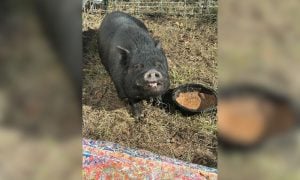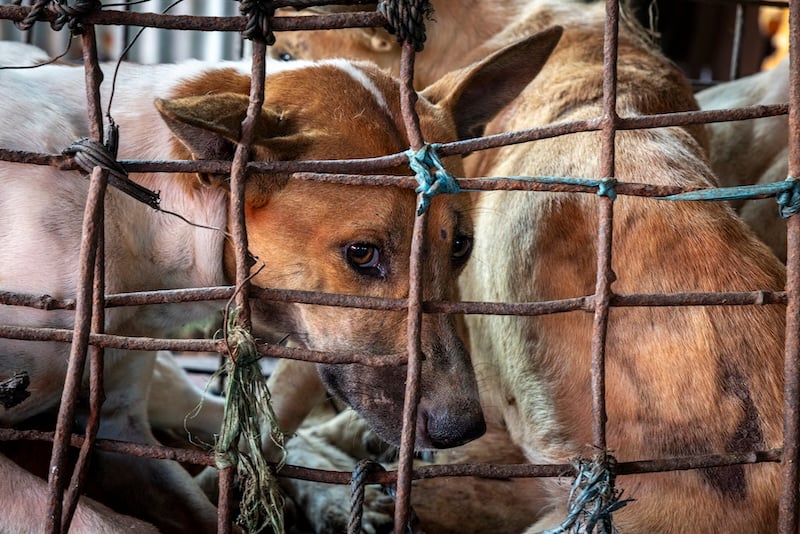Companion animals will no longer be treated like “property” for divorcing couples in British Columbia (B.C.), Canada, as changes to family law now recognize companion animals as individuals, according to a story by Global News.
Rather than treating companion animals like possessions — such as TVs or toaster ovens — new B.C. laws now consider the unique relationships and needs animals have. The new law will consider which spouse was the animals’ primary caretaker and children’s relationships with the animals when making custody decisions.
Companion animals — and their families — will also gain critically-needed protections as courts will now look at risk and history of family violence, and whether the spouse ever threatened or acted violently towards the companion animals.
According to Psychology Today, almost half of domestic violence survivors stay in abusive situations out of fear for their companion animals’ safety. As many as 80% of women in domestic violence shelters said their abuser threated to harm or kill their companion animals.
“Pets will be seen as family members, not simply awarded to the spouse who purchased or adopted the pet,” B.C. animal law lawyer V. Victoria Shroff said in a news conference. “Instead, new, more holistic factors have been enacted to help guide courts.”
Under new B.C. law, divorcing spouses can still decide who takes custody of the companion animal. However, if a solution is not agreed upon, the court can now intervene to decide who gets custody based on a number of factors including who has the desire to care for the animal, existing relationships with the pet, and any risks of cruelty.
The law does not apply to service animals or livestock.
Shroff said she believes B.C.’s new legislation could lead the rest of Canada to change as well.
“We’re going to say in certainty that pets are going to be treated better in custody cases,” Shroff told CVT News.
Hopefully, the U.S. will soon follow B.C.’s lead. In 1897, the U.S. Supreme Court ruled that dogs were personal property, largely because they were often use as working animals or bred for money. These days, approximate 80% of Americans consider their animals to be “family” according to an American Veterinary Medical Association study. It’s time that U.S. laws reflect that sentiment.
Divorcing couples should recognize that while animals are resilient creatures, they are often impacted when a family divorces. They can feel stress, anxiety, and depression, and may begin to experience negative behavior changes. It’s important for families to always consider what is best for the individual animal when it comes to determining custody.
Lady Freethinker applauds the B.C. family court system for making this important change that helps protect the best interests of animals when couples divorce.








